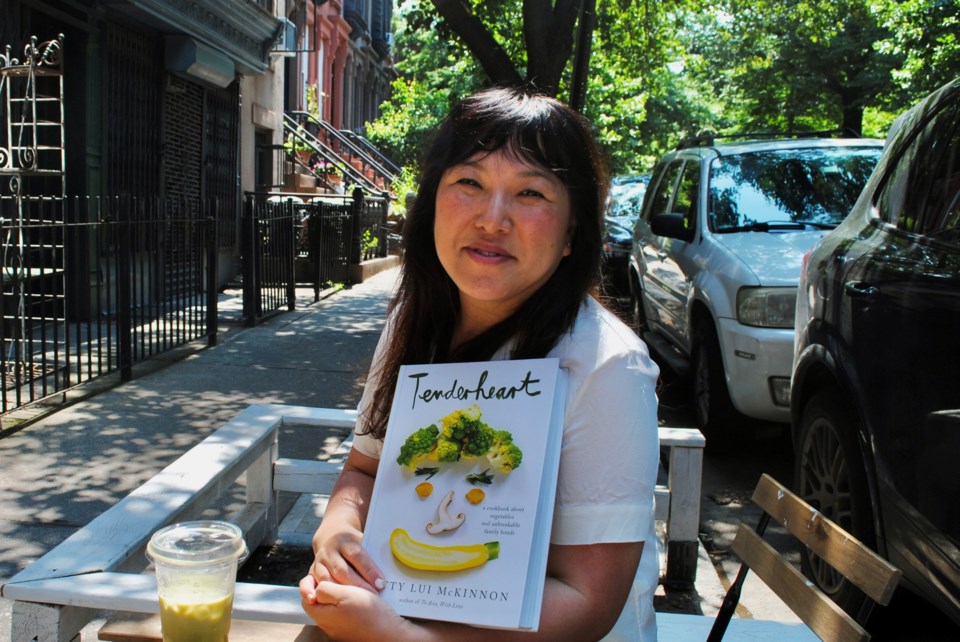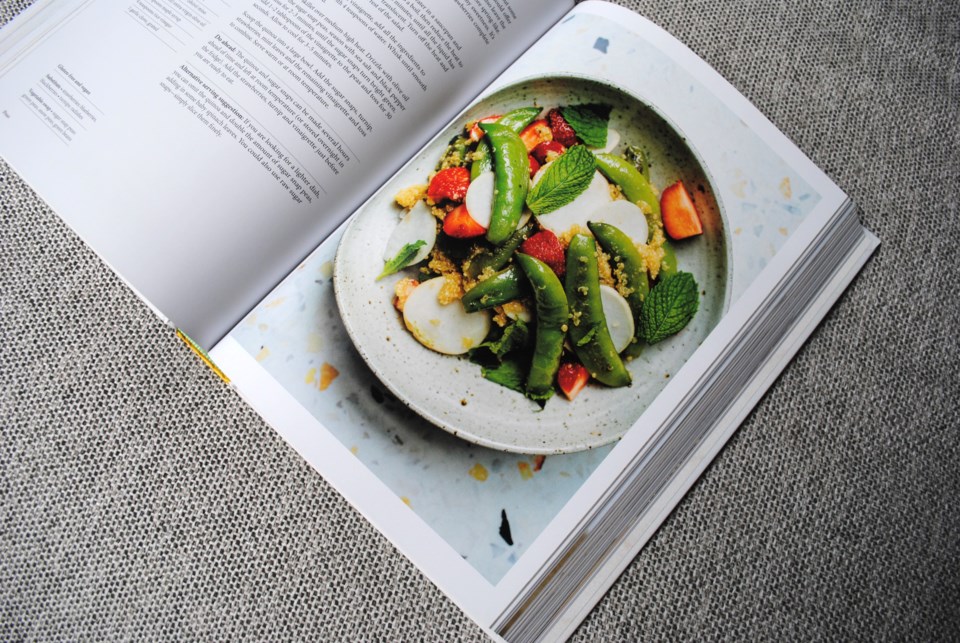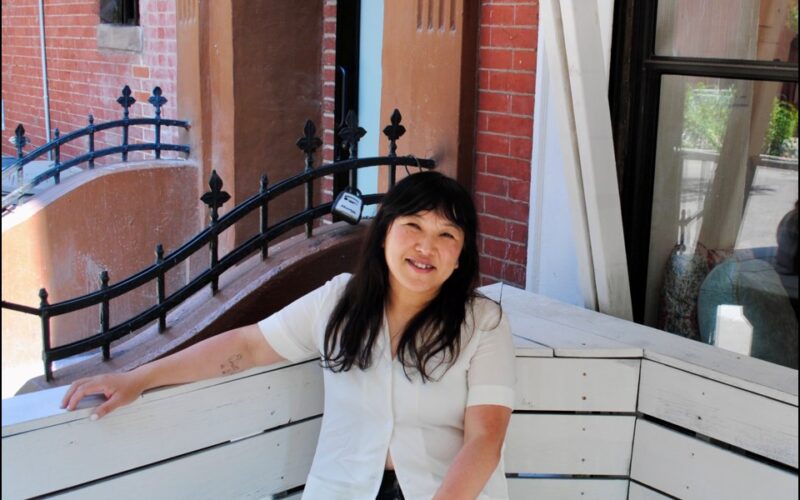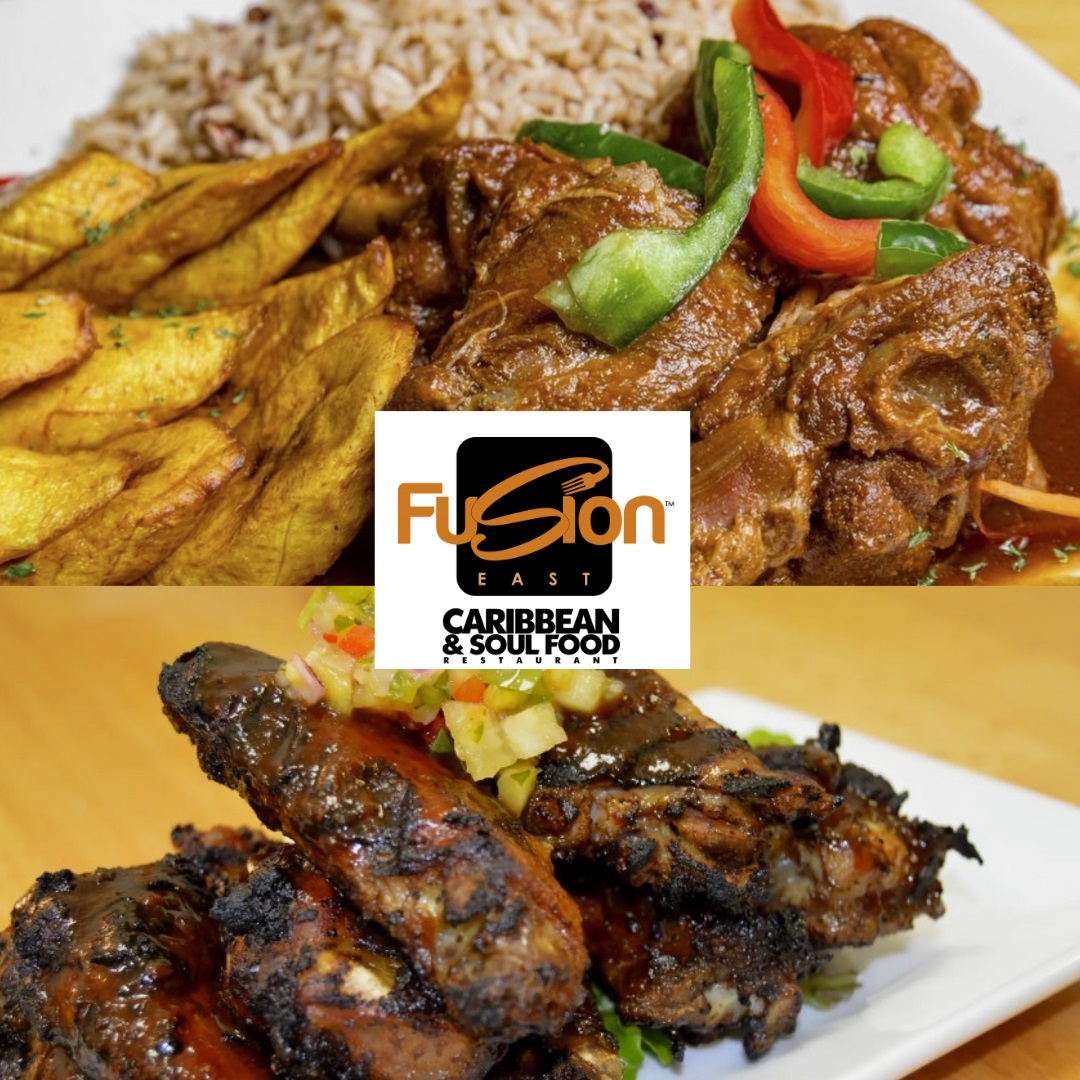By: Hannah Berman
For most eaters, the word “salad” conjures a plate of leafy greens.
Sometimes those greens might be freckled with chopped nuts, sliced cherry tomatoes or seasonal fruit, and perhaps rinsed with a vinaigrette; but, at the end of the day, for most, a salad remains defined and restricted by its base. Without its leaves, can you still call a salad a salad?
This June, McKinnon took home her first James Beard media award, often referred to as the Oscars of the food world, for her new veggie-focused, salad-rich cookbook, Tenderheart: A Cookbook About Vegetables and Unbreakable Family Bonds.
Tenderheart is an ode to vegetables cooked until tender — McKinnon has been vegetarian since the age of 19 — and also to her father, the tender-hearted Wai Keung Lui, who passed away when she was 15.
“I call it my vegetable origin story, because doesn’t everyone have a vegetable origin story?” McKinnon told BK Reader.

McKinnon’s father immigrated to Sydney from the south of China. Throughout her early life, he worked as a banana monger at the largest produce market in Sydney. Every day, he would bring home boxes upon boxes of fresh produce from work, distributing fruits and veggies to his family and as gifts to neighbors.
This, in part, sparked McKinnon’s lifelong love and respect for vegetables. She wrote Tenderheart to honor her father’s legacy, highlighting dishes built around the produce that bound them together.
“I felt like I’d lost the connection to him,” McKinnon explained. “And then, working on this book, kind of surprisingly, I rediscovered him and gave myself the license to think about him again — to think about him in a way that wasn’t sad. So this book is really joyous.”
Tenderheart is McKinnon’s fifth cookbook, and garnered her second James Beard nomination. She says that winning for this book in particular feels special because it’s not only her most personal work, but it also showcases all aspects of her identity — as Chinese, Australian, vegetarian, and now, a ten-year resident of Brooklyn.
“When I was first writing about vegetables, perhaps there wasn’t an acceptance that someone who’s Chinese would be the expert about vegetables,” she said. “There was an expectation, you know, even just five years ago, that if you are of a certain culture, you write only about that type of food.”

The recipes in Tenderheart are inventive and unexpected. McKinnon plots the book around several main character veggies: kale, ginger, mushrooms, and kohlrabi, to name a few. She groups recipes that share a base veggie together, which creates an easy index of options — both salad and non-salad — for home chefs to work their way through.
Tenderheart begs you to snag fresh produce, then sprint back to your pantry and mix and match the ingredients you already own to discover a fresh new way of looking at things.
McKinnon knows that her cheeky flavor combinations and loose dish definitions can raise eyebrows, but that doesn’t mean she’s changing her style anytime soon.
“I’m a slow burn, because I’m asking more from people,” McKinnon explained. “It’s not about fast consumption or just one recipe. I don’t think there’s many people who just have one recipe of mine and don’t come back for more. I’m asking you to be part of something — and most people do want to be a part of something.”

















Leave a Reply